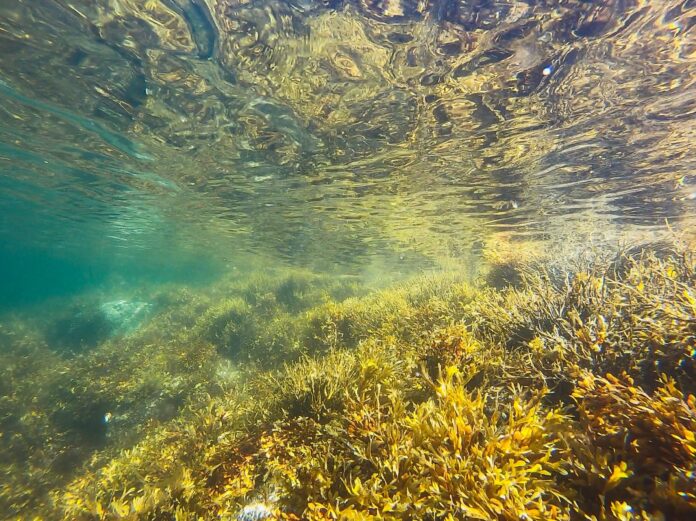Warming ocean temperatures are killing BC’s coastal kelp forests, a new study shows.
The research was published last week in Marine Ecology Progress. Scientists looked at 30 years of data, and found that in southern BC, warming temperatures have caused significant reductions in the amount of floating canopy kelp.
The biggest decline was between 2014-2016, when a large blob of warm water moved south along the coast from Alaska to Mexico. The blob triggered cascading effects on multiple species, including the deaths of millions of sea stars. Without sea stars to control their numbers, urchin populations exploded and consumed entire kelp forests.
The region most affected was around Valdes and Gabriola Islands, where kelp forests experienced a 74% loss. However, not too far away in Cowichan Bay and near Mayne Island, losses were minor.
Researchers noted that on the central and northern coast, where there are sea otters controlling urchin populations, kelp forests were more stable, and there were fewer cases of decline. In Quatsino Sound, forests actually increased in size.
Researchers say regions with cooler water temperatures, including the Strait of Juan de Fuca and near the West Coast Trail, could provide refuge for kelp forests.
The study is one of the first comprehensive investigations of BC’s kelp forests.




